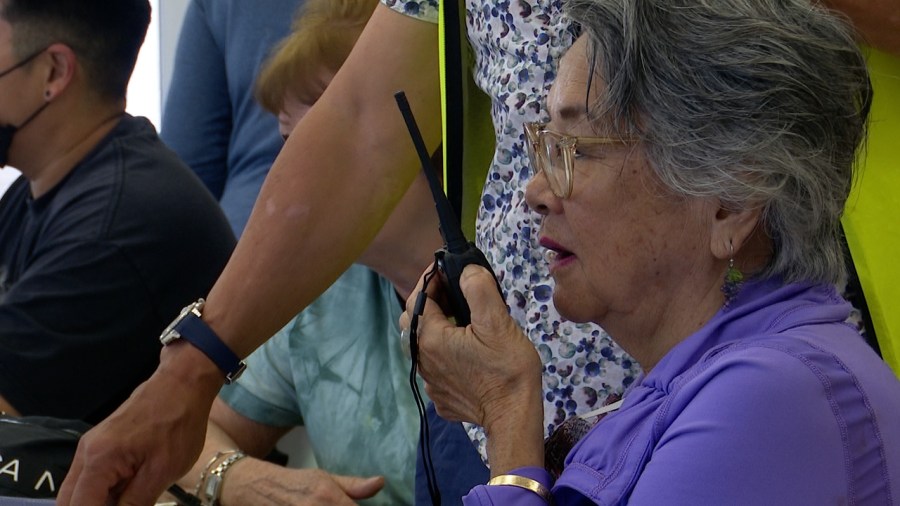HONOLULU (KHON2) — Maui’s kūpuna were among the most hard hit during the 2023 wildfires, with more than two-thirds of the 102 people killed in Lāhainā being over 60 years old.
The fire brought forward a lot of lessons for the greater community, with one of the major learning opportunities being how crucial it is to have a plan during the chaos.
“The government gets overwhelmed in disasters, even in evacuations pre-disasters. You may not be able to depend on the fire department and police department to help you in a disaster, so you should have a different plan, another way of getting out,” said AARP Hawaiʻi spokesperson Craig Gima.
The community must also plan for kūpuna who lack the mobility, technical sophistication or resources to act quickly when time is of the essence.
“People have to take care of each other. You know you should check with your neighbors, and you as a kupuna, or you as a caregiver,” Gima said. “Kūpuna should be in touch with your neighbors, your family, your friends to make sure that someone is going to be looking out for your loved one.”
A major part of disaster preparedness lies with knowing what hazards surround your home, whether it be fire, flood or tsunami dangers.
During the tsunami warning in July, the need for in-depth planning and disaster preparedness was on full display when the state’s tsunami zone website was overwhelmed during the warning, leaving many without access to information.
For Gima, being prepared with the proper knowledge can help combat the times when our go-to resources default.
“Are you in a tsunami zone? Are you not in a tsunami zone? Is there an easier way than driving to traffic to get to safety? Can you go upstairs? Do you have a neighbor who is in a condo who can take you to a higher floor? There’s lots of things,” Gima said. “There’s lots of ways to evacuate without having to go on the road.”
Also in July, Maui County released their final After Action Report on county first responders’ actions during the Maui fires — which came with 35 recommendations.
For Gima, the recommendations came with a bit of disappointment, as he wished that there could have been more focus on how to help kūpuna during these times of crisis.
“We really want to encourage state agencies and county agencies to look at kūpuna as a group that they need to approach not just as part of the general public, but separately, because they have their own issues and their own needs in a disaster, and they are the most vulnerable in a disaster,” he said.
